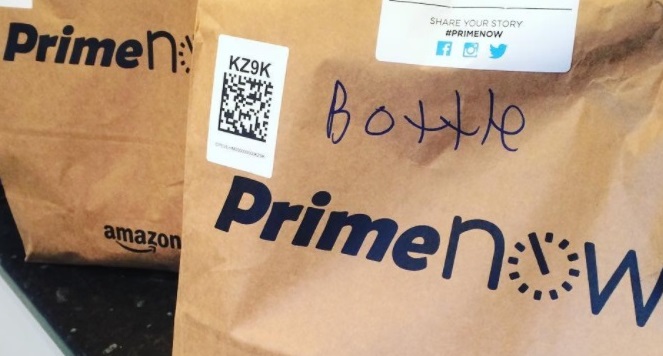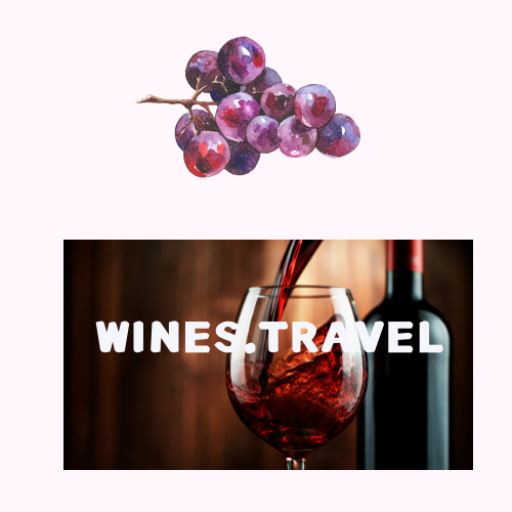
Wine from Amazon delivered to your door: Next stop San Francisco
Ama
Amazon has applied to the San Francisco‘s Board of Supervisors for a license to set up a liquor store in the Dogpatch neighborhood of the city, where Amazon already has a warehouse.
The store would serve as a delivery hub for Prime Now deliveries in the area as well as operating as a traditional liquor store. The company already operates four cashier-less convenience stores in San Francisco.
According to the application, the store would be open to the public from 8 am to 4 pm, letting people shop in person – in an actual Amazon store – for their Cabernet or Chivas Regal, with deliveries being made until midnight.
Amazon has already set up this niche of the liquor market in cities such as Seattle, Los Angeles, Houston, Chicago, and Washington DC.
Amazon first got into wine in 2012, when it launched online wine sales. Prime Now started delivering wine in 2015, and the company’s expansion into the liquor sector looked like it was growing even larger with the purchase of the almost nationwide Whole Foods grocery chain in 2017. That would have allowed Amazon a retail and delivery foothold in 42 states.
However, the purchase of Whole Foods caused a problem for Amazon – now that it was a traditional, bricks-and-mortar retailer it would be breaking the so-called tied-house rules for the liquor industry.
Wine-Searcher’s US editor W. Blake Gray wrote at the time: “Many states have what are called tied-house laws about alcohol sales; these helped create the three-tier system. No producer of alcohol is allowed to pay a retailer of alcohol directly for selling its wares. The idea arose in response to 19th Century pubs that were controlled by local breweries and thus sold no beer from elsewhere. It was intended to help promote producer competition by giving producers access to sales outlets.
“Today, Amazon.com runs an online wine business that is essentially a third-party sales system like its other third-party sales. I recently bought a diving wetsuit on Amazon, but I didn’t actually buy it from Amazon: I bought it from a company that paid a small fee to list it on Amazon. You have probably done this too. I’m not going to get into the legality of accepting the small fee on online wine sales because I’m not a lawyer, but an easy defense for Amazon was always that it wasn’t really a wine retail shop in the way the laws were written. Instead, it was just a broker.
“Now that it owns Whole Foods, Amazon is clearly a brick-and-mortar retailer, which makes taking even small payments from producers a problem.”
Last year, Amazon began expanding beer and wine deliveries via Prime Now, operating in tandem with Whole Foods branches.
And, as predicted, a problem it became. In October 2017, the company issued the following statement: “As Amazon continues to offer customers additional retail options for buying wine, we will no longer offer a marketplace for wine at this time and Amazon Wine will close on December 31, 2017. Wine will continue to be offered through Amazon Fresh, Prime Now and Whole Foods Markets.”
